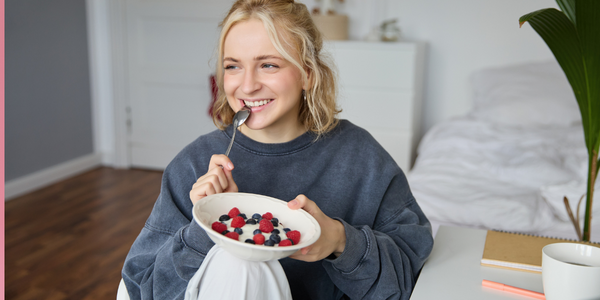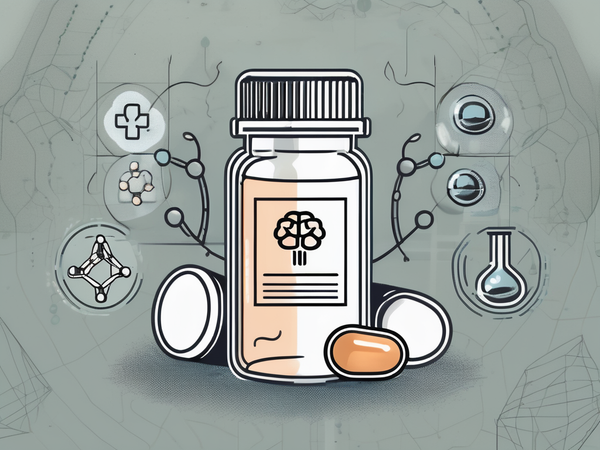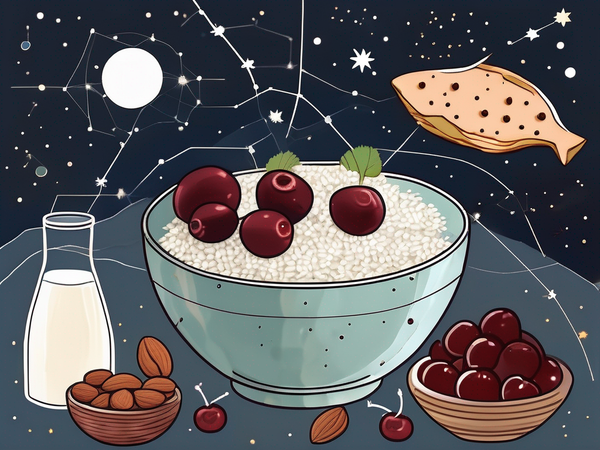Let us start with a simple question. What do you do when your phone battery is low or about to give up? You plug it in to be charged as soon as you can, don’t you? The function of sleep in maintaining overall well-being is comparable to that of recharging a phone's battery. Just as a device needs to be charged to function properly, our body and mind require adequate sleep to function optimally.
Why is Restful Sleep so Important?
During sleep, our bodies perform essential restorative processes such as repairing tissues, consolidating memories, and regulating hormones. Without sufficient sleep, these processes can be disrupted, leading to a range of negative outcomes such as poor cognitive function, mood disturbances, and weakened immune function. On the other hand, consistently getting enough quality sleep can help us feel energized, focused, and emotionally balanced, contributing to our overall well-being.
What Happens when We Don’t get Adequate Sleep?
When the body is unable to fall asleep normally, it can lead to a condition called insomnia. Insomnia can have a variety of causes, including stress, anxiety, certain medical conditions, medications, and lifestyle factors. Insomnia can significantly affect a person's well-being, both physically and mentally.
Some short-term effects of sleep deprivation include fatigue, drowsiness, decreased attention span, and impaired judgement.
In the long run, chronic sleep deprivation can lead to severe health problems like obesity, cardiovascular disease, diabetes, a weakened immune system, etc.
Foods that Can Help you Sleep
While there are habits or lifestyle factors that can help improve sleep, did you know food can also play a part in sleep regulation? Certain foods contain nutrients and compounds that can help regulate sleep cycles, promote relaxation, and improve sleep quality. Keep scrolling to find out what foods you need to add to your daily routine in order to get that beauty sleep.
1. Tryptophan-rich foods
Tryptophan is an amino acid that helps the body produce serotonin and melatonin, two hormones that play a key role in regulating sleep. When tryptophan is ingested, it is transformed in the brain into serotonin. Serotonin doesn’t just help regulate your mood; it also plays a part in regulating sleep. When serotonin is released, it can then be further converted into melatonin, a hormone that helps regulate sleep. Eating tryptophan-rich foods can therefore help increase levels of serotonin and melatonin in the body, promoting healthy sleep.
Foods that are high in tryptophan include turkey, eggs, nuts and seeds, dairy products, and tofu and soy products. Eggs are another good source of tryptophan, as are many nuts and seeds, such as pumpkin seeds, sunflower seeds, almonds, and cashews. Dairy products such as milk, cheese, and yogurt are also good sources of tryptophan, as are tofu and other soy products. Incorporating these foods into your diet can help increase tryptophan intake and promote healthy sleep.
2. Complex Carbohydrates:
Eating carbohydrates can help the body produce insulin, which in turn can help increase tryptophan uptake into the brain. Insulin is released when we consume carbs in order to regulate blood sugar levels. Insulin promotes the uptake of amino acids, except for tryptophan, by muscle cells, allowing tryptophan to enter the brain more easily. However, it's important to choose complex carbohydrates such as whole grains, fruits, and vegetables over simple carbohydrates like sugary foods. This is because complex carbohydrates provide sustained energy and a steady blood sugar level, while simple carbohydrates can cause blood sugar spikes and crashes, which can further disrupt your sleep.
Some examples include oatmeal, sweet potatoes, whole-grain bread, brown rice, and quinoa. These foods have a low glycemic index, which means they release energy slowly, providing a steady source of energy throughout the night and preventing blood sugar spikes and crashes that can disrupt sleep. Studies have shown that consuming a low-glycemic-index meal before bedtime can help improve sleep quality.
3. Magnesium-rich foods:
Magnesium is a mineral that is involved in over 600 biochemical reactions in the body, including the regulation of sleep. Magnesium aids in the activation of the parasympathetic nervous system, which is in charge of calming the body and lowering anxiety. It also helps regulate the production of melatonin, the hormone that controls sleep-wake cycles.
To improve sleep quality and treat insomnia, you can increase your intake of foods that are high in magnesium, including leafy greens such as spinach and kale, nuts and seeds such as almonds and pumpkin seeds, legumes such as black beans and lentils, and whole grains such as brown rice and quinoa.
4. Herbal teas:
Certain herbal teas, such as chamomile, valerian root, and passionflower, can help promote relaxation and improve sleep quality. Chamomile benefits also include the fact that it helps relax the mind, which can eventually make you fall asleep faster. Other herbal teas, such as lavender and lemon balm, have also been shown to have calming effects and promote relaxation. Valerian root tea has also been shown to improve sleep quality.
What other Lifestyle changes Promote Sleep?
Firstly, establishing a regular sleep schedule is key, as it helps regulate your body's natural sleep-wake cycle. Additionally, creating a relaxing sleep environment can help promote sleep. Keep your bedroom cool, dark, and quiet. Engaging in regular exercise can also help improve sleep quality, but it's important to avoid vigorous exercise close to bedtime as it can stimulate the body and make it harder to fall asleep.
Limit exposure to screens and bright lights before bedtime, as they can disrupt your body's production of melatonin, a hormone that regulates sleep. If you’re still struggling, it can be beneficial to opt for a reliable and natural sleep supplement to help you snooze in peace. Finally, managing stress through relaxation techniques such as meditation, deep breathing, or yoga can help improve sleep quality.
Wrapping Up
It’s important to incorporate lifestyle changes along with re-examining your food intake patterns around the time you sleep. A better sleep cycle will not just help you feel well-rested but will also ensure you function optimally during the day, both mentally and physically.
Reference Links
https://www.ncbi.nlm.nih.gov/pmc/articles/PMC2995283/
https://pubmed.ncbi.nlm.nih.gov/25540137/
https://pubmed.ncbi.nlm.nih.gov/23969766/




























